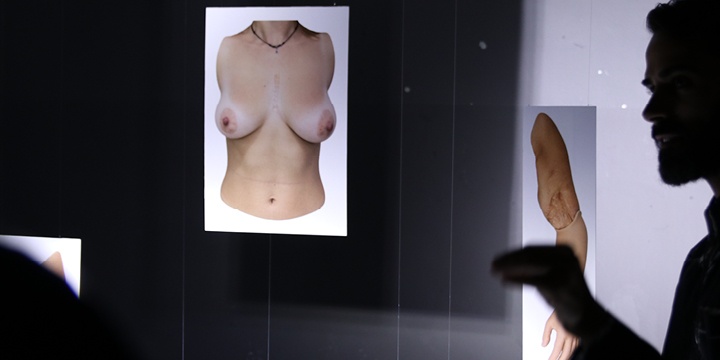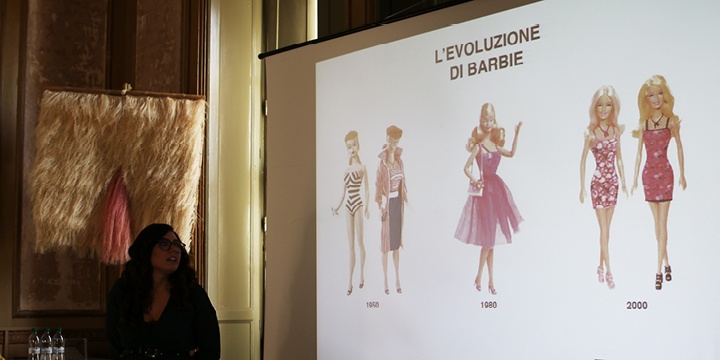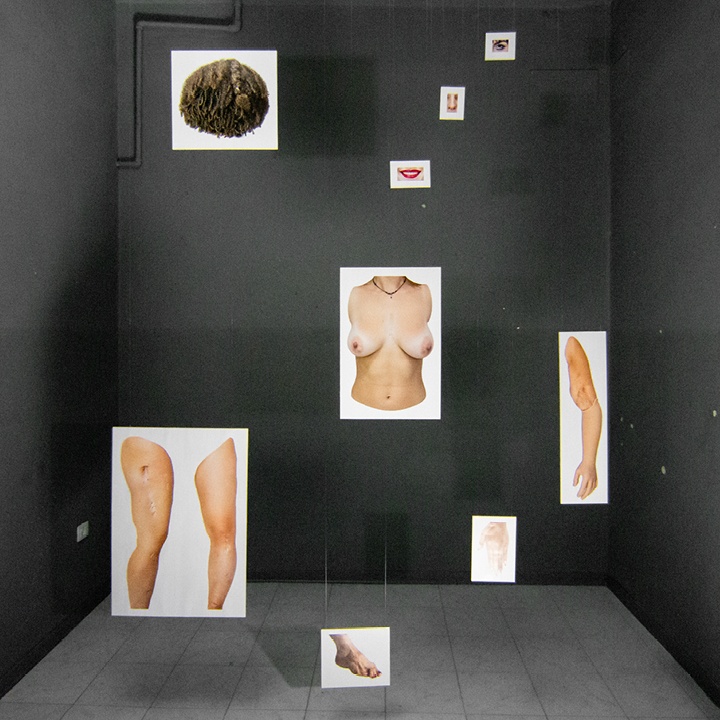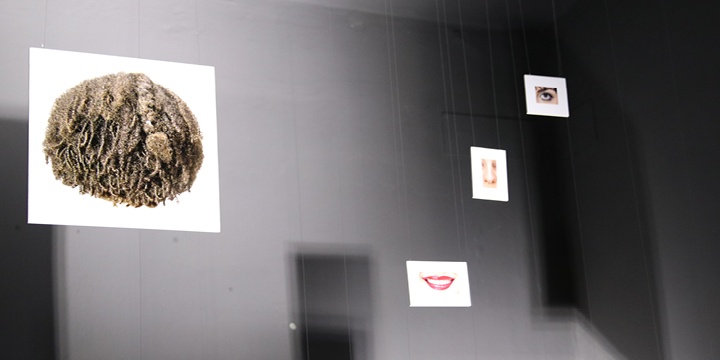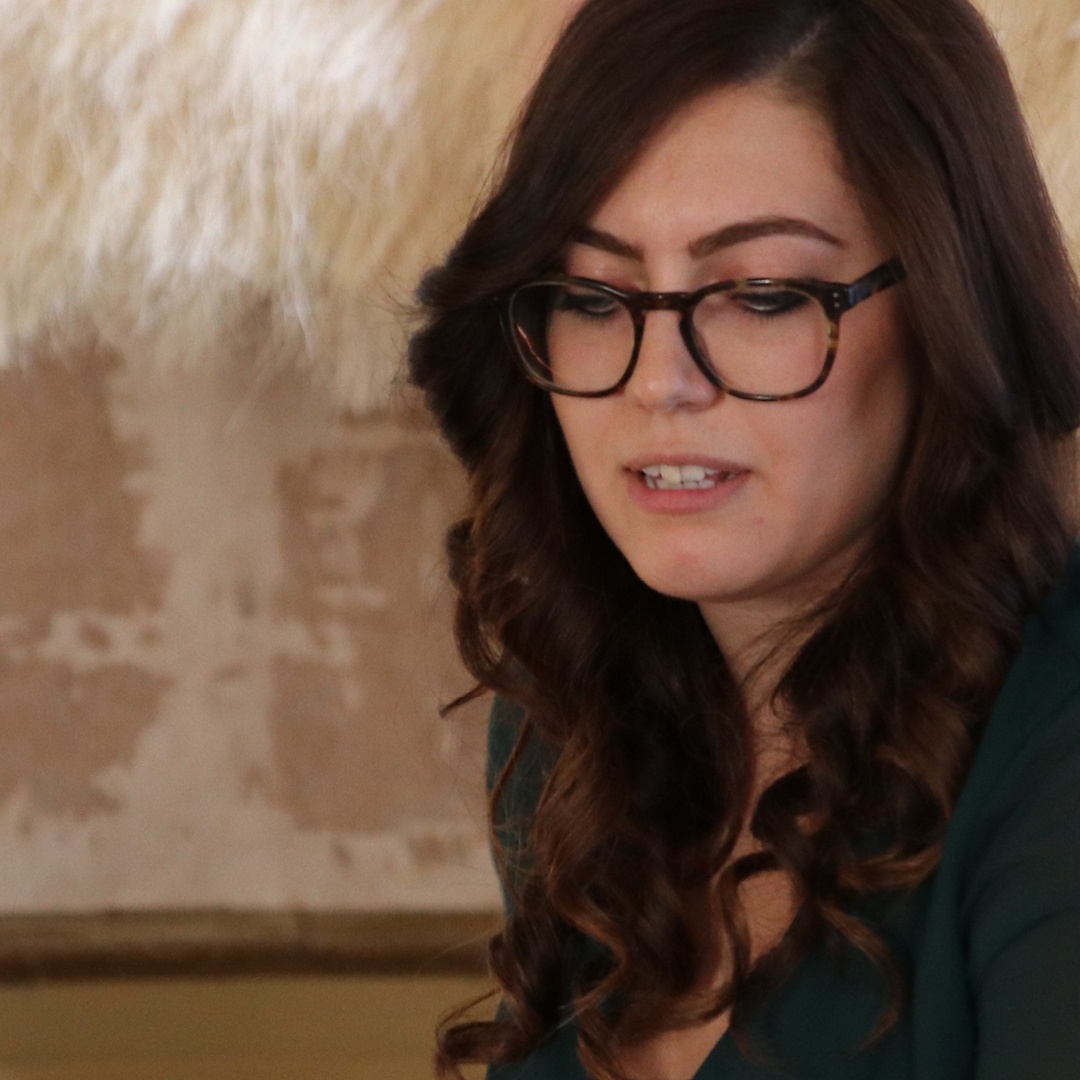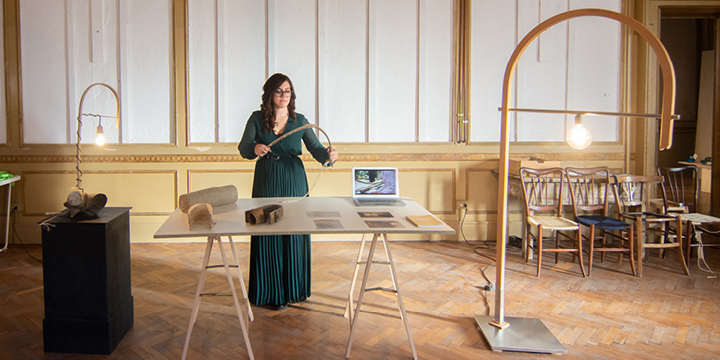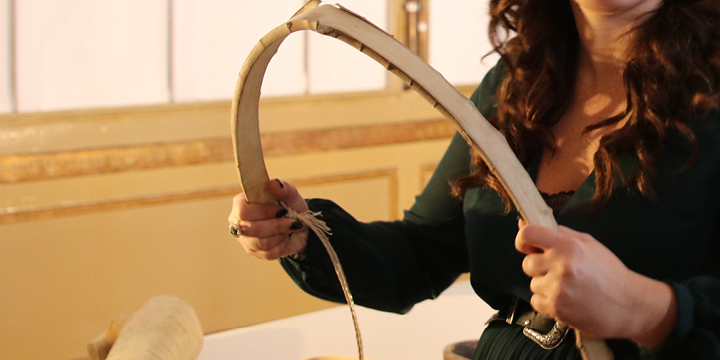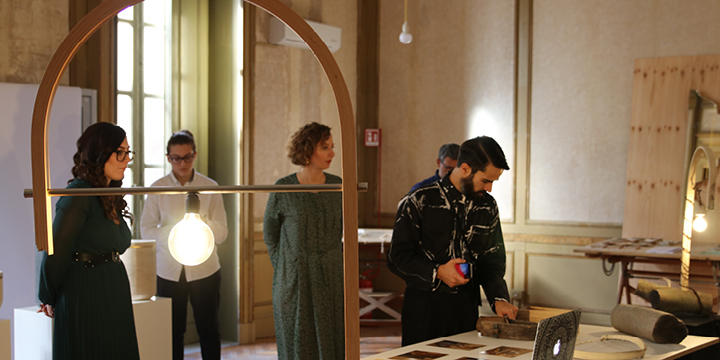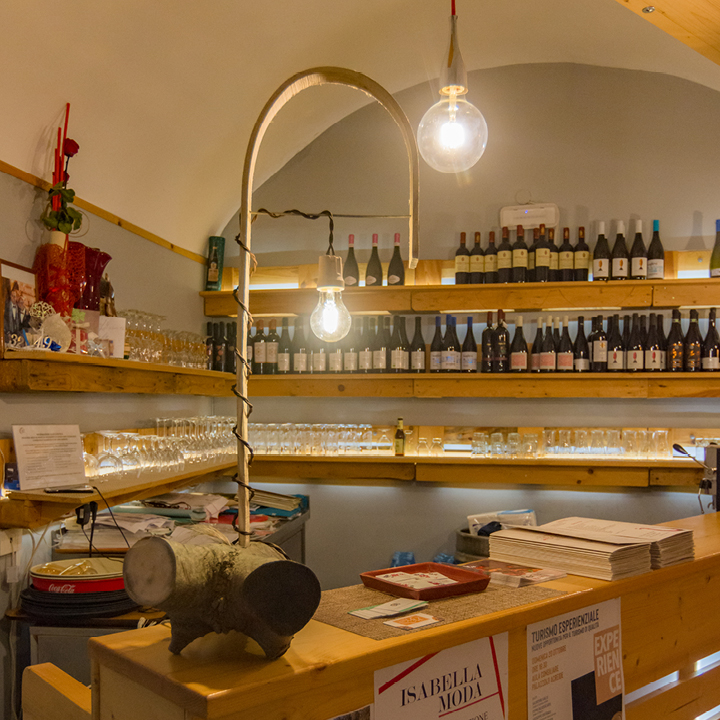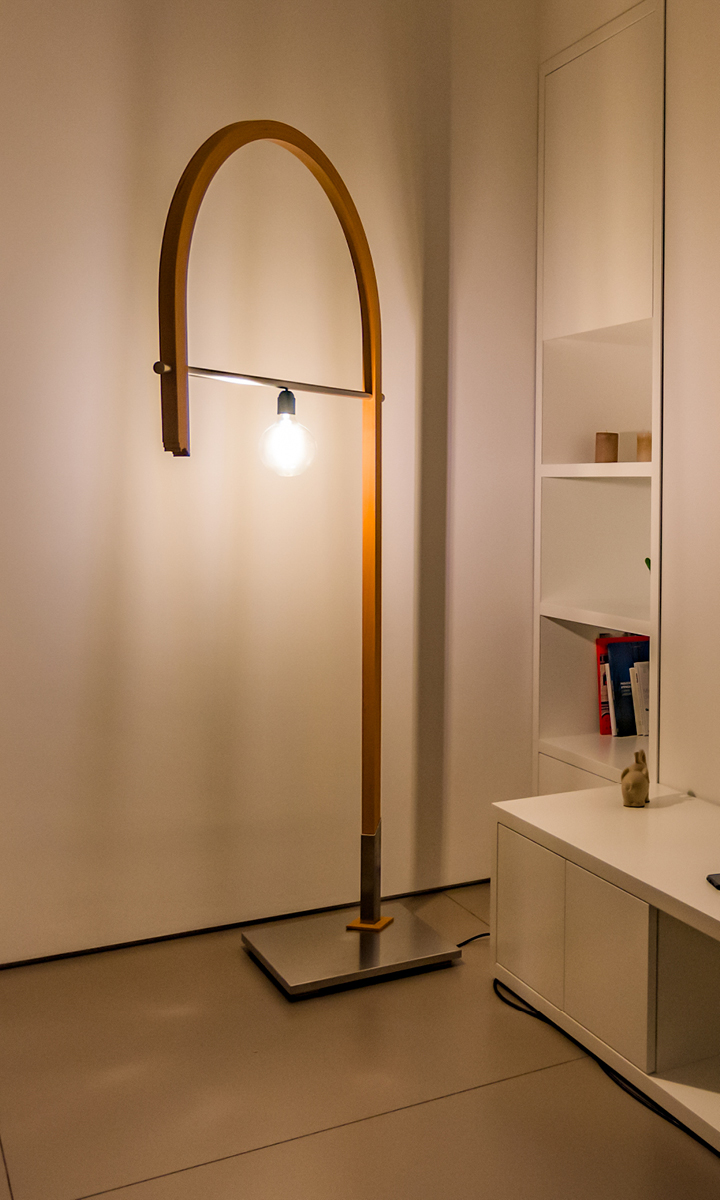
“U MILLICUCCU”
USE AND PROCESSING OF THE BAGGOLARO IN THE SICILIAN ARTISAN TRADITION
The work is proposed as a research study on Sicilian wood, specifically on the Etna hackberry, also known as "millicuccu" or stone splitter. A wood with multiple qualities, the hackberry has always been present in the Sicilian tradition, used for the creation of small artefacts. Thanks to the collaboration with Paolo Srofani, youngest of the current generation of the Scrofani carpentry, it emerged how the ancient woodworking techniques have been replaced by more innovative ones, although the memory of the past remains alive and present. The project involves the creation of two lamps that reflect the geometry of a Sicilian bovine collar: the first is made, in hackberry wood, with the ancient technique, accepting its limits and qualities, just as the Sicilian tradition dictates; the second, however, is made with modern techniques, with the aid of modern machinery and beech wood.
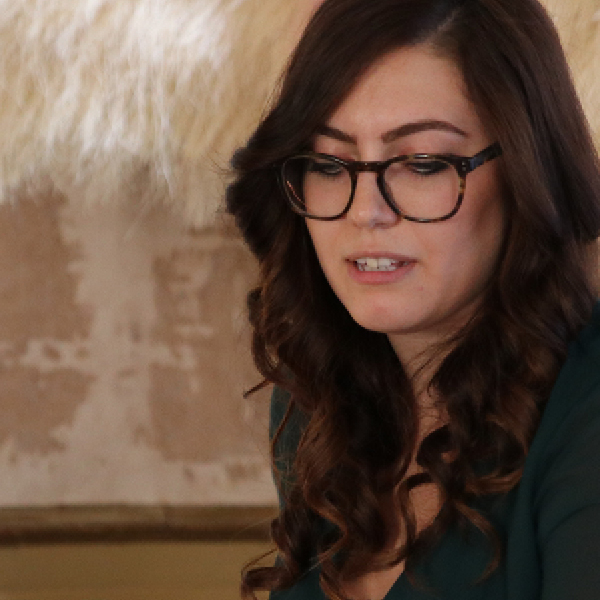

WOMAN – A STORY OF A BATTLE AGAINST STEREOTYPES
The work aims to address the issue of body shaming. In recent years this English expression has become part of the common language thanks also - and above all - to all those female influencers who have denounced and fought against this form of psychological violence.
However, despite the spread of social media, out of a sample of 50 women, 60% of them have never heard of it, much less know what it is. The thesis is supported by an interactive installation that represents a woman's body broken down into 9 pieces. Each of them is a photograph of a part of the body of 9 different women, who have been the target of negative comments, or who themselves live in conflict. Some are marked by wounds from battles won, others by physical defects or very normal style choices, which however are seen with a judging eye. The images of the photographic installation have also been published on a special Instagram profile, through which it is possible to access the video interviews of the women photographed.
